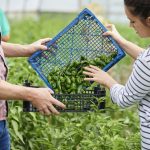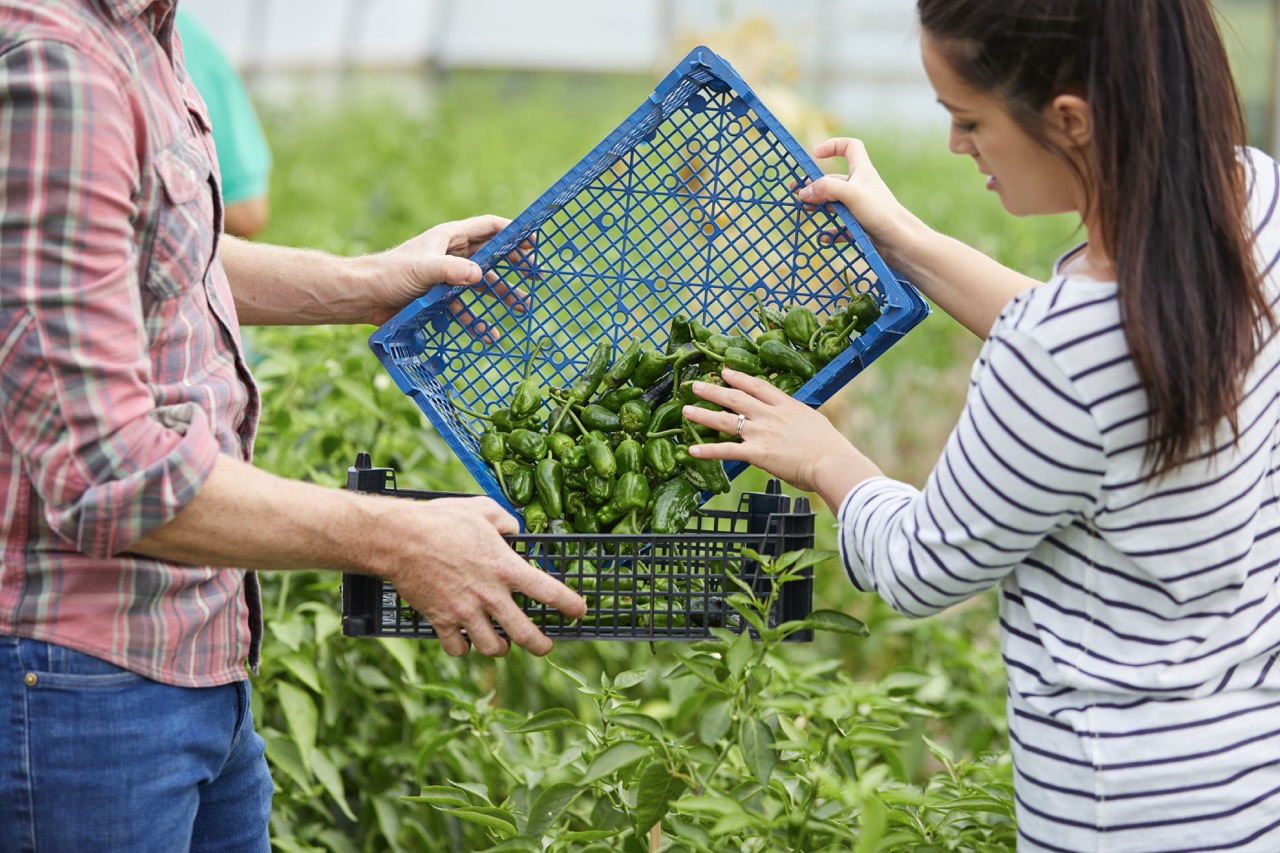In the modern agricultural landscape, the internet has become an essential tool for farmers aiming to market their products effectively. The digital marketplace offers a plethora of opportunities to connect directly with consumers, share information about farm practices, and ultimately drive sales. This article explores how farmers can harness the power of the internet to promote their goods, establish a robust online presence, and engage with wider audiences through effective marketing strategies.
Understanding the Digital Landscape for Farm Marketing
The digital landscape has transformed the way businesses operate, and agriculture is no exception. With the rise of e-commerce, farmers have the chance to reach customers beyond their local communities. Understanding how to navigate online platforms is vital for maximizing outreach and sales. Farmers must familiarize themselves with various digital tools and resources, from e-commerce websites to social media channels, to effectively showcase their products.
Additionally, the current trends in consumer behavior suggest a growing preference for transparency and sustainability. Customers are increasingly interested in where their food comes from, how it is produced, and the environmental impact of their choices. As such, farmers should leverage the internet to share their stories, farming practices, and sustainable initiatives. This connection can foster trust and loyalty among consumers who are eager to support responsible farming.
Finally, farmers must be aware of the competitive nature of online marketing. With numerous players in the agri-food sector vying for attention, distinguishing one’s products through unique selling propositions (USPs) is critical. By understanding the digital landscape and identifying their niche, farmers can position themselves favorably in the market, attracting consumers who are looking for quality and authenticity.
Building a Strong Online Presence for Your Products
Creating a robust online presence begins with developing a professional website that serves as a central hub for all digital marketing efforts. A well-designed website should include essential information about the farm, its products, and its values. Farmers can enhance their online presence by incorporating high-quality images, engaging content, and user-friendly navigation. This professional touch not only attracts potential customers but also establishes credibility and trust.
In addition to a website, farmers should consider utilizing e-commerce platforms to facilitate online sales. Websites like Shopify, Etsy, or regional food marketplaces provide farmers with the tools to manage their inventory, process payments, and ship goods directly to consumers. Integrating an e-commerce solution into their online strategy allows farmers to reach a broader audience while simplifying the purchasing process for customers.
Moreover, search engine optimization (SEO) is a critical component of building an online presence. By optimizing their website for relevant keywords, farmers can improve their visibility on search engines, making it easier for potential customers to discover their products. Incorporating local SEO strategies, such as including geographic keywords and optimizing Google My Business listings, can further enhance visibility within the community and attract nearby customers.
Effective Strategies for Promoting Farm Goods Online
To effectively promote farm products online, farmers should consider content marketing as a primary strategy. By creating informative and engaging content related to their products—such as recipes, farming tips, or sustainability practices—farmers can position themselves as experts in their field. This not only attracts potential customers but also fosters a community around their brand, encouraging repeat business and customer engagement.
Email marketing is another powerful tool that farmers can utilize to promote their products. Collecting email addresses through website sign-ups or in-person events allows farmers to communicate directly with consumers. Regular newsletters featuring product updates, seasonal offerings, and exclusive discounts can keep customers engaged and informed, driving traffic to their online store and increasing sales.
Finally, collaborations with local businesses, such as restaurants and markets, can amplify online marketing efforts. By partnering with these entities, farmers can promote their products to new audiences while gaining credibility through association. Joint promotions, events, or social media campaigns can help farmers tap into existing customer bases and expand their reach in innovative ways.
Leveraging Social Media to Reach Broader Audiences
Social media platforms are invaluable assets for farmers looking to market their products and engage with consumers. Utilizing platforms like Instagram, Facebook, and Twitter allows farmers to share visually appealing content and connect with audiences on a personal level. Regularly posting updates about farm activities, product launches, or behind-the-scenes glimpses can humanize the brand and foster a loyal following.
Engagement is key on social media; farmers should actively interact with their followers by responding to comments, sharing user-generated content, and participating in conversations. This two-way communication not only strengthens relationships with existing customers but also attracts new followers who discover the brand through word-of-mouth and social sharing. Hosting contests or giveaways can further incentivize engagement and broaden reach.
Moreover, farmers can benefit from targeted advertising on social media platforms. Utilizing tools like Facebook Ads or Instagram Promotions, farmers can create ads tailored to specific demographics, interests, and locations. This targeted approach ensures that marketing efforts are reaching the most relevant audiences, maximizing the potential for sales and customer acquisition.
In conclusion, the internet presents an unprecedented opportunity for farmers to market their products effectively and reach diverse audiences. By understanding the digital landscape, building a strong online presence, implementing effective marketing strategies, and leveraging social media, farmers can successfully navigate the complexities of online marketing. Embracing these tools not only enhances visibility and sales but also fosters lasting connections with consumers who value the authenticity and quality of farm-fresh products.








